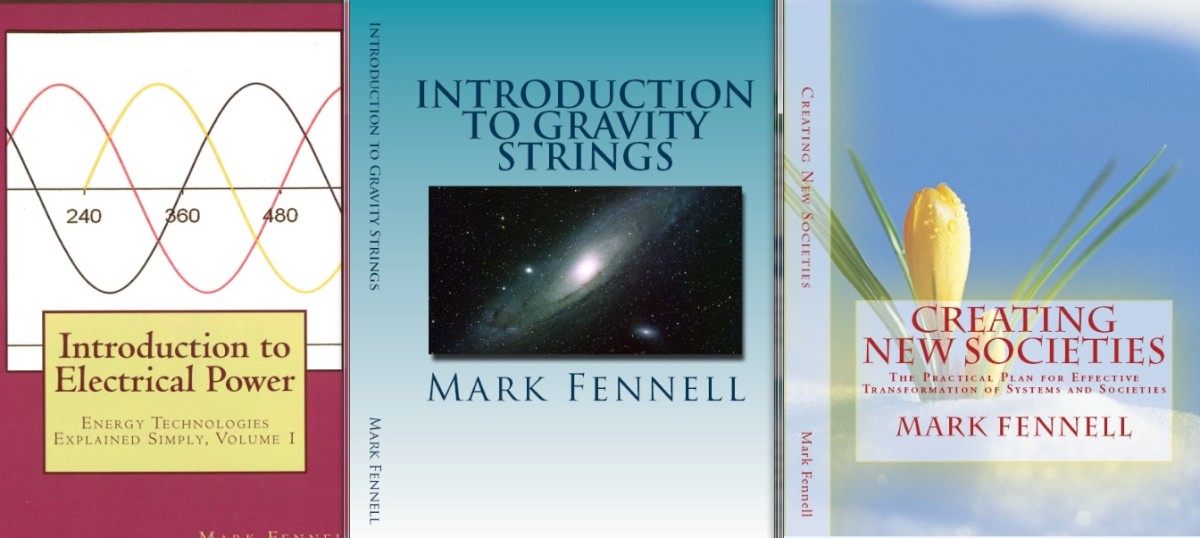About the “Electrical Power Explained Simply” Series
Purpose of This Series
The books in the Electrical Power Explained Simply series are designed to be a resource for citizens, students, and legislators to learn about all aspects regarding the science of electrical power.
The ultimate goal of the series is to enable the people to make informed decisions on practical energy questions. The secondary goal is to serve as introductory guides for students embarking on careers with energy technologies.
The books in the series, taken together, are designed to answer all of your practical questions on each type of energy technology. The books answer common questions such as:
- How can we increase the efficiency of solar cells?
- How do I select the size my solar array?
- What do I need to know when installing a wind turbine?
- How effective are the clean coal technologies?
- How can we prevent grid failures?
- Do power lines cause cancer?
- And many other energy technology related questions…
Specific Goals
There are numerous technologies described in these books. Yet for each technology I sought out the answers to the following questions:
- How does the technology work?
- What are the most important terms and abbreviations?
- What are the advantages and disadvantages?
- What is the environmental impact? How can it be improved?
- What are the safety hazards, and how can they be reduced?
- What are the most important practical tips?
- What facts comprise the most important data?
Technical Discussions Explained Simply
The books in the series must necessarily be technical to some degree. Electricity is a practical technology, and therefore we must understand the technical aspects if we want to make wise decisions. Yet the discussions are always aimed at the citizen or policy maker.
The books in this series explain the principles of electricity as simply as possible, using ordinary English (no engineering jargon), and highlighting the most important points of each technology. Main concepts and facts are emphasized with the use of lists, tables, diagrams, and summaries.
I do not expect any reader to have a background in science, yet I offer enough facts and details so that you can have an accurate understanding of all related technologies. I provide enough technical details and enough data for the reader to make informed decisions.
Objectivity
I have tried my best to be as objective as possible. Whereas many other authors of energy books have an agenda, I have no desire to promote one industry over another. I have no desire to promote one technical solution over another. In this endeavor, I have tried to be an objective scientist.
Accuracy of Data and Summaries
I never relied solely on the conclusions of other researchers. Instead, I performed many other tasks to ensure that all conclusions were accurate. I examined primary data whenever possible. I have read the fine print on how research was obtained. I have also checked the accuracy of the conclusions by finding at least three distinct sources for each fact.
It is only after such rigorous investigations that I created data tables and wrote summaries for these books. Because of the labor I performed in fact checking, I fully stand by every statement and every data item written in this series of books.
Conclusion
For all the reasons above, I offer this series of books. My goal is to inform you on the basic concepts of all the technology and all of the issues related to electricity so that you can make realistic decisions.
Remember that there are no perfect solutions, there are only choices. I hope that this series of books will assist you in making those choices for your community.
Mark Fennell
